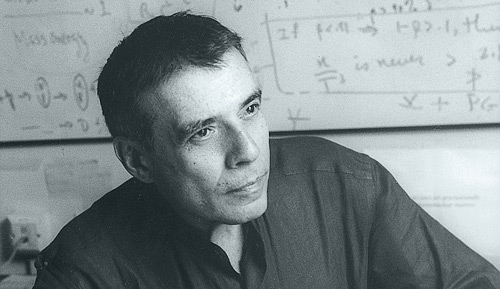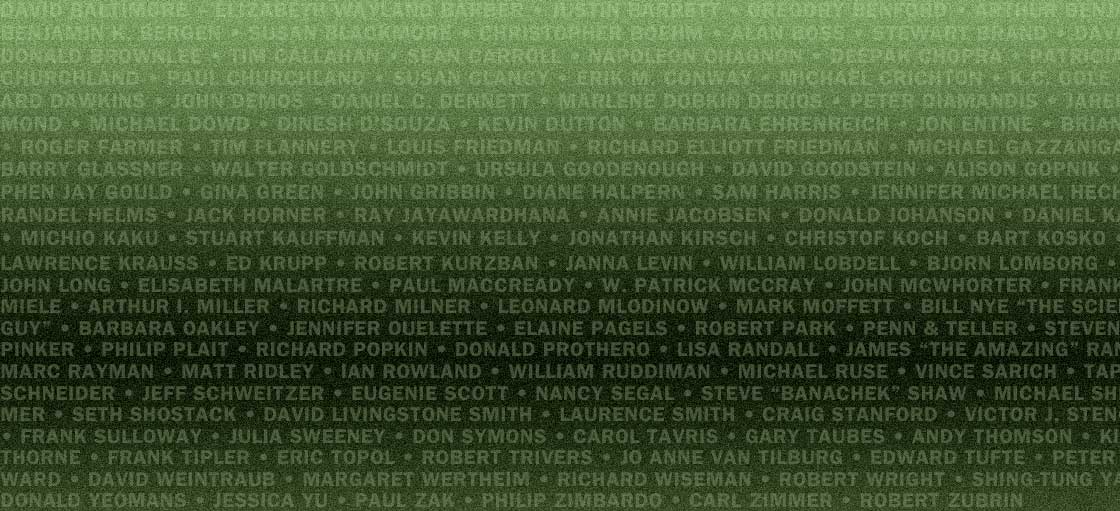
In August 1930, on a voyage from Madras to London, a young Indian looked up at the stars and contemplated their fate. Subrahmanyan Chandrasekhar — Chandra, as he was called — calculated that certain stars would suffer a most violent death, collapsing to virtually nothing. This extraordinary claim, the first mathematical description of black holes, rankled one of the greatest astrophysicists of the day, Sir Arthur Eddington, who in 1935 publicly ridiculed Chandra, sending him into an intellectual and emotional tailspin — and hindering the progress of astrophysics for nearly forty years. Tracing the rise of two great theories, relativity and quantum mechanics, which meet head on in black holes, Miller recounts the dramatic story of this intellectual feud. This sweeping history examines the quest to understand one of the most forbidding objects in the universe as well as the passions that fueled that quest over the course of a century.
Dr. Arthur I. Miller is Professor of History and Philosophy of Science, Department of Science & Technology Studies, University College, London. He lives in London.









